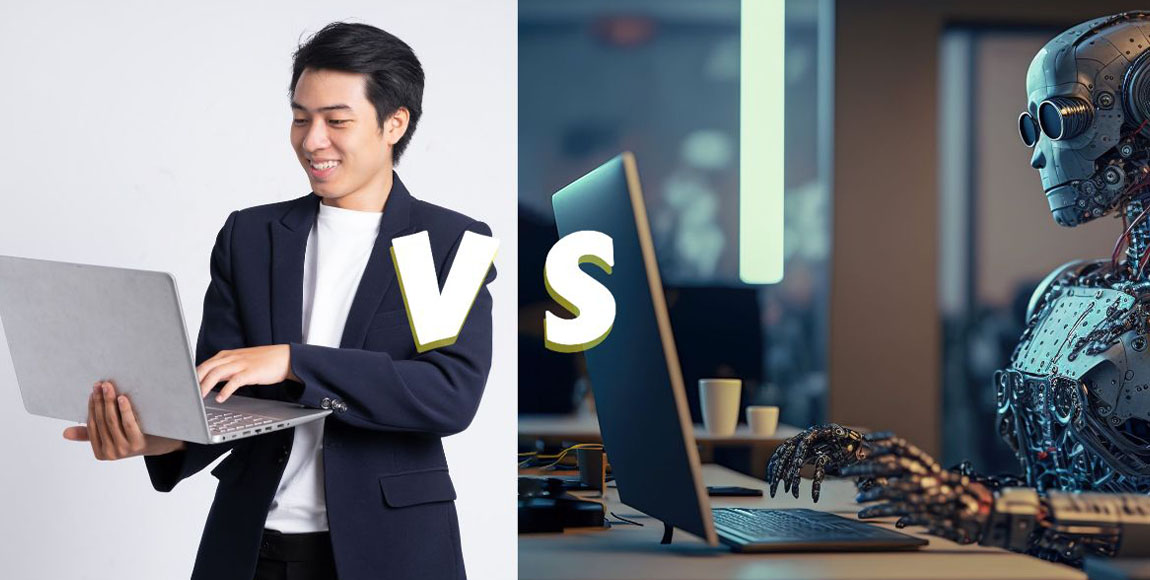
How Soft Skills Can Keep You Ahead of the AI Curve
AI tools are evolving fast, but they still can’t replace the value of real human interaction. While ChatGPT and other systems process data efficiently, they lack empathy, emotional intelligence, and the ability to connect on a human level. That’s where soft skills give you an unbeatable edge.
What Are Soft Skills—and Why Do They Matter?
Soft skills include emotional intelligence, communication, leadership, teamwork, and adaptability. These qualities help you connect with others, solve problems, and lead with confidence. Unlike technical skills, soft skills can’t be automated. They shape how you interact, respond, and grow in both work and life.
AI Handles Data—You Handle People
AI can answer questions quickly, but it doesn’t understand tone, mood, or emotional context. For example, when a customer feels frustrated, an AI may offer the right solution—but it can’t calm nerves or build trust. You can. With empathy and emotional intelligence, you defuse tension and turn difficult moments into positive ones.
Why Human Interaction Still Wins
Imagine a customer complains about a product. An AI might respond with the correct information, but a skilled human agent listens, empathizes, and resolves the issue with care. That personal touch strengthens relationships. It’s not just about solving problems—it’s about how you make people feel while doing it.
Soft Skills Power High-Performance Teams
Building and managing AI systems takes more than coding. Teams need clear communication, shared goals, and strong leadership to succeed. Soft skills keep projects moving. They help teams handle pressure, adapt to change, and stay aligned. When setbacks happen, creative problem-solving kicks in—something AI can’t deliver.
Your Human Skills Are the Advantage
You don’t compete with AI—you complement it. The people who succeed in an AI-driven world are the ones who bring soft skills to the table. They lead, collaborate, and connect in ways machines never will. Grow your soft skills, and you won’t just keep up—you’ll stay ahead.